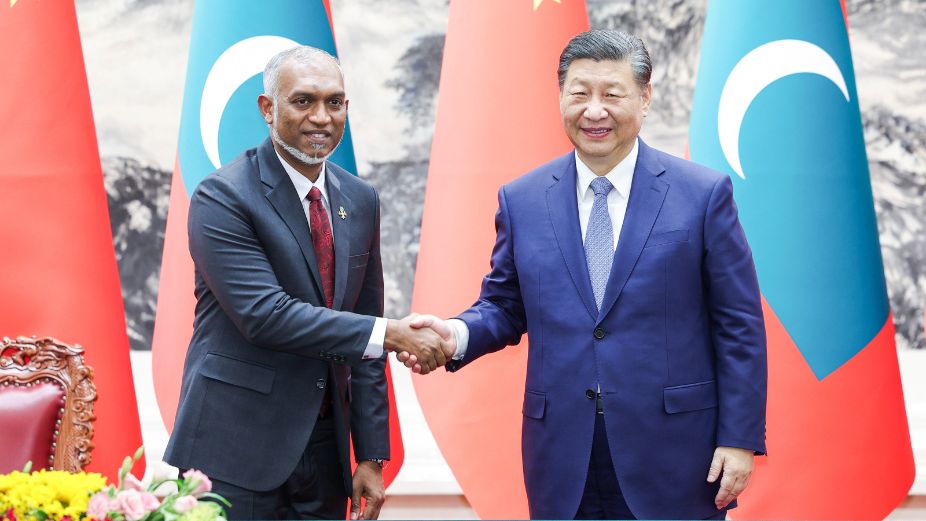
The Maldives-China Free Trade Agreement (FTA), signed in December 2017, is set to become effective on January 1, 2025. The agreement, which marks the Maldives’ first bilateral FTA, represents a significant milestone in the country’s trade relations with China, one of its key economic partners.
The FTA, signed during the administration of former President Abdulla Yameen, aims to eliminate tariffs on 91% of goods traded between the two nations. This initiative is expected to open doors for Maldivian exports, particularly in the fisheries sector, by providing duty-free access to China’s vast market. Similarly, Chinese businesses will benefit from improved access to the Maldivian market, with an anticipated boost in bilateral trade volume to approximately USD 1 billion.
Economic Opportunities and Challenges
The agreement offers promising opportunities for Maldivian businesses. By reducing trade barriers and introducing local currency settlement for transactions, the FTA is poised to lower costs and streamline commerce. For industries such as fisheries, which are vital to the Maldivian economy, the agreement could enhance global competitiveness and foster growth.
However, concerns remain about potential economic vulnerabilities. Critics have raised questions about the Maldives’ growing dependency on China, particularly in the context of the significant debt already owed to Chinese lenders. There are fears that deeper economic ties could intensify these financial challenges, making careful management and oversight essential.
Implementation Delays and Renewed Momentum
The FTA’s implementation has faced significant delays since its ratification. The subsequent administration under President Ibrahim Mohamed Solih raised concerns about the agreement’s terms, leading to a prolonged review process. However, with the new timeline set under the current administration, there is optimism that the agreement will finally deliver on its promise of economic benefits.
While the FTA signals a step forward in trade relations, it also brings a renewed focus on maintaining economic sovereignty. To balance the benefits of enhanced market access with the risks of overdependence, the Maldives must ensure robust mechanisms for managing trade dynamics and external debt.
As the Maldives prepares for the agreement’s implementation, all eyes will be on how the nation navigates the opportunities and challenges presented by this historic trade pact. With its strategic location and strong focus on fisheries and tourism, the Maldives is well-positioned to leverage the FTA for long-term economic growth, provided the potential pitfalls are managed effectively.











